The biker movie has long been considered a pariah by those who do not believe it should be considered alongside more “serious” kinds of movie. This is something that artist Charlie Woolley sought to address with the Biker Movie Marathon, which both embraced and challenged the outsider status of biker flicks and the culture they come from.
No biker marathon would be complete without Peter Fonda cropping up somewhere, although many may be surprised it was in schlock-king Roger Corman’s The Wild Angels (1966) rather than his pièce de résistance Easy Rider (not to be released for another 3 years after) that gets billing here. In typical Corman style it’s dumb tough-guy fun, with plenty of guns, police chases and coffins draped in Nazi regalia. It is also good for a bit of star-spotting – as well as Fonda we get Bruce Dern, Diane Ladd and Icon of Coolness herself Nancy Sinatra, no less.
There was a tonal shift as Charlie Woolley took centre stage next, performing his piece Lone Soul Road, a meditation on biker culture, with Brixton band Ghold providing the backing. Dressed in full on biker leathers and looking for all the world like an extra from The Wild Angels, Woolley delivered a forceful performance taking in everything from Revelations, Buddhist scriptures, Medieval scrolls and fire and brimstone. Ghold sounded suitably grimy and ear-scouring in accompaniment, providing a non-stop chuntering wall of feedback. With such heaven-splitting noise you’d be forgiven for thinking the screen backdrop wasn’t showing Woolley motoring through a lonesome desert canyon but a horseman of the apocalypse itself.
Anyway, back on with earthly matters, and the biker movie marathon. Bruce Dern is back again, this time taking centre stage in The Cycle Savages (1969). This grimy piece of grindhouse wasn’t sure whether it was supposed to be for or against the bikers. Despite showing them as no-nonsense tough guys, it also portrayed them for the most part as either drug-addled dullards or sexual deviants (or both). This is in opposition to their enemy, the straight-talking “man” – a Walter the Softy artist whose only crime was to follow the bikers round drawing pictures of their crimes! Silly as it all was, one suspects many bikers would somehow enjoy this film’s ambivalence towards them.
And with the clock way past midnight, and the curtain finally falling on Werewolves on Wheels (1971), the biker movie marathon comes to an end. An interesting introduction into the culture, it had been a litany of skulls, Satanist werewolves and sonic exuberance. It did, naturally, show the culture from a Western male point of view (no surprises there) and I would have been interested to see some other voices give their own ideas on bikerdom around the world.
Ieuan Jones
Twitter: @_Ieuman



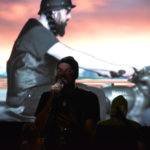
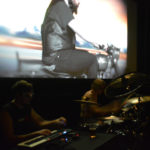
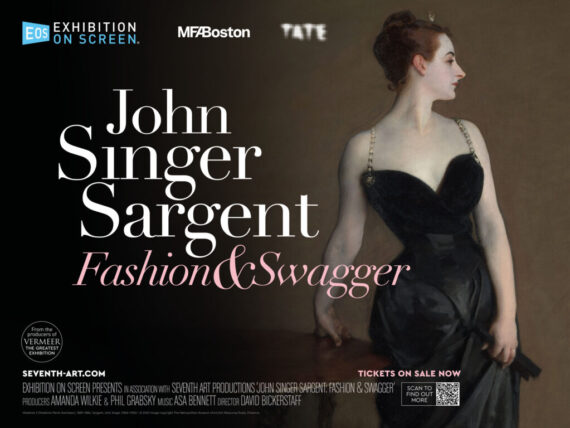



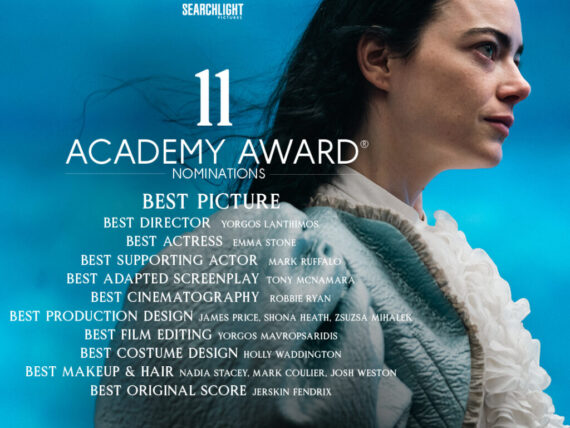
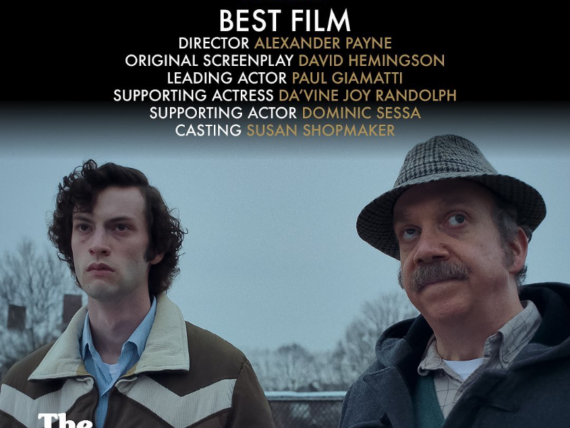
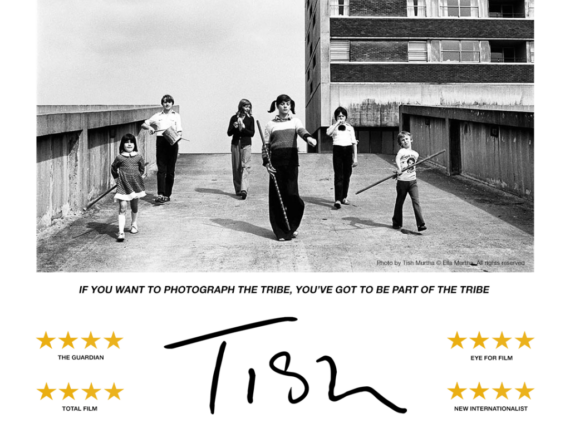

Comments
No comment yet.